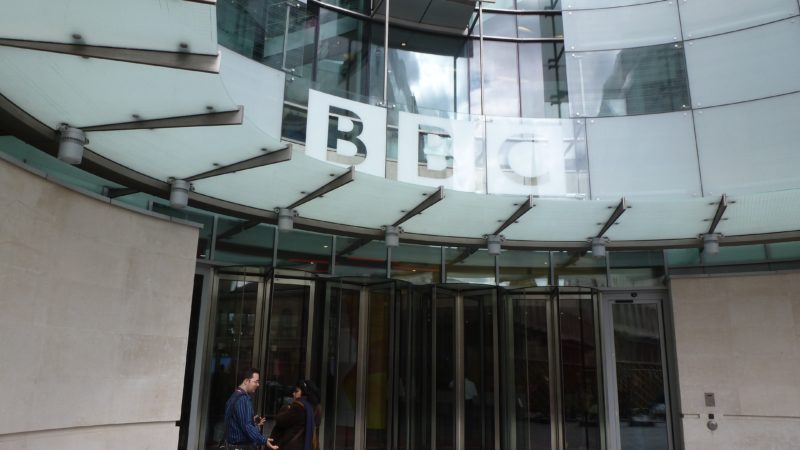
Following a recent torrid period for the BBC, fundamental questions have been raised regarding its governance, impartiality and future funding. That’s why Bectu welcomes the announcement from Lucy Powell, Shadow Secretary of State, that Labour intends to conduct a root-and-branch review of the broadcaster’s operations, including how its chairman and board are appointed.
It is imperative that future debate goes beyond the circular arguments that persist about whether the licence fee is the best method of funding the public service broadcaster and considers how the BBC’s future funding and impartiality can be assured whichever party is in power.
We need a much more fundamental national conversation about what we want from the BBC and how that can be delivered. The BBC is so much more than a licence fee; it plays a hugely important role in developing skills and opening up job opportunities as well as supporting the wider eco-system of our creative industries – but the BBC is also crucial for our democracy and for the soft power it brings UK PLC.
Recent events have only served to underline why we need a considered debate about how we maintain its impartiality. This means thinking long and hard about its governance and answering some difficult questions – who is best qualified to oversee the BBC’s operations? What skills and experience are needed to ensure that the BBC is best placed to continue its Reithian mission to inform, educate and entertain for the next 100 years?
The BBC’s decision to ask Gary Lineker to step down from presenting Match of the Day sparked a national controversy, but perhaps more pertinent were the comparisons drawn with chair Richard Sharp’s refusal to recuse himself from his position whilst investigations continue into his role in facilitating an £800,000 loan for former PM Boris Johnson.
There can be little disagreement that this controversy caused serious reputational damage for the BBC but was also cause for concern for Bectu members working at the BBC, who are subject to the same impartiality guidelines. I am pleased that the BBC will be reviewing its social media guidance and that unions will be involved – but I can guarantee that no matter what revised guidelines may look like, whilst Mr Sharp remains in his position so too will questions about impartiality.
I hope that the Labour review will take a broader perspective of the type of person who can contribute to the BBC board. Whilst business and finance skills are important, I hope that a future Labour government will also prioritise digital innovation, broader industry experience, diversity and culture in the very broadest sense so that the BBC’s output across drama, sports, music and news can truly reflect all that is brilliant and vibrant about the different communities across the whole of the UK.
In its 2023/24 annual plan, the BBC reports that the effect of freezing the licence fee has risen to £400m, significantly up from the anticipated cuts of £285m. We’ve witnessed the furore that cuts to news, local radio and the BBC Singers and orchestras have caused and whilst we agree that these are hard decisions, the public has to make a choice – if they value these things then they must recognise that they must be paid for. The licence fee may be imperfect, but it does at minimum allow the BBC to plan for the long term.
The BBC has been the bedrock of British culture for a century and remains one of the world’s most revered institutions. Labour’s independent BBC review panel is a welcome step to ensuring its future success, amidst a changing media landscape. It serves as a significant part of the broader debate necessary to safeguard the BBC’s long-term security and map out its future direction.




More from LabourList
Turning the page? Labour’s recovery in the polls show a path to 2029 victory
Restoration announce recommendations for NEC candidates
‘Factionalism at the top is weakening Labour – and handing a gift to Reform’